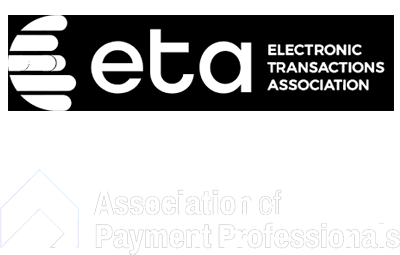25 Jan

Digital marketing trends come and go. One such trend that has seen a significant increase in recent years is affiliate-driven reviews for merchant accounts. A staple of online marketing strategies, these review or ranking can be considered outdated. But why is this the case? Let’s delve into the reasons behind this shift and explore the alternative that is gaining traction, PayBlox.
Understanding Affiliate-Driven Merchant Reviews
Affiliate-driven reviews are a type of content marketing where a company pays a commission to an external party, known as an affiliate, for promoting their products or services. In the payment processing industry, the affiliate typically writes a review combined with a rating usually from 1-10 or listed from best to worst and includes a link to the company’s website. If a merchant clicks on the link and fills in their information, the affiliate earns a commission.
For many years, this approach was seen as a win-win. Companies got exposure and potential sales, while affiliates had the opportunity to earn money from their SEO and Paid ad expense. However, this model has come under scrutiny in recent years, with critics arguing that it can lead to biased and untrustworthy review.
Why Affiliate-Driven Reviews are Outdated
Questionable Credibility
Affiliate-driven reviews often face criticism for their lack of objectivity. Since affiliates earn a commission for every merchant or lead, there is a financial incentive to write positive reviews, regardless of the actual quality of the product or service. This can lead to misleading information and a loss of trust among consumers.
Furthermore, many affiliates in the merchant account space have never worked within the payment sector. They are not familiar with which business are better suited with which payment processors. They do not take into account the risk of the business or the regulatory challenges some businesses face. These affiliates are known to route businesses based on their revenue. Transparency is a key factor in building consumer trust, and the lack of it in many affiliate-driven reviews is a major drawback.
Advertiser Disclosures
Most advertisers for profit are required to post a disclosure which explains that they may be taking in referral fees or profits from the businesses they list. Some disclosures in the payment processing space even mention that the fees they collect can impact the placement of the payment processor on their site.
Shift in Consumer Behavior
Today’s consumers are savvy. They are aware of marketing tactics and often skeptical of overly positive reviews. Many prefer to seek out unbiased, user-generated reviews on third-party platforms rather than relying on affiliate-driven content.
Moreover, with the development of PayBlox, business owners can rest and be assured that they are getting the best offer directly from multiple processors with no ranking or review interference. This has further diminished the impact of affiliate-driven reviews.
Why PayBlox
While there are many options online for a business owner to find a payment solution, the process can be daunting and time consuming. Business owners may not be aware of some preferences of processors like monthly volume limits, business types that are moderate or high risk, what business they prefer and don’t. PayBlox solves this equation with their patent pending algorithm. PayBlox matches business owners to multiple payment processors with a variety of data sets, so business owners get direct offers from processors without any paid review or ranking metrics. Real offers from real processors, simple.
Conclusion
While affiliate-driven reviews were once a popular marketing strategy, they are now seen as outdated due to their questionable credibility and the shift in consumer behavior. However, this doesn’t mean that companies should abandon review-based marketing altogether. Instead, they should explore alternatives like influencer marketing and user-generated reviews, which offer greater credibility and engagement.
As the digital marketing landscape continues to evolve, it’s crucial for companies to stay ahead of the curve and adapt their strategies accordingly. By doing so, they can maintain their relevance and continue to connect with their target audiences in meaningful ways.






